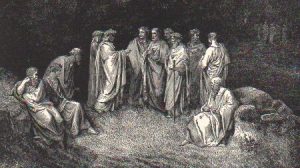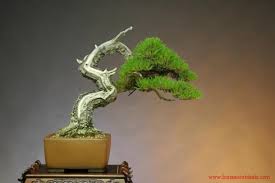[The sound begins at 1:59. We apologise for this unnecessary blank space. Perhaps we can use it as a time of silence, to prepare for what’s coming. Perhaps it will be corrected as soon as possible.]
We are in the Second Circle of Dante’s Inferno, the circle of Limbo, where we find the rational, honourable soul that feels no pain, but also no delight because it never stretched itself to share the joys of surprise, blind leaps in the dark, and holy chutzpah. Music from Chubby Checker, Jimmy Cliff, and a touch of Rumi. You are invited to attend.






